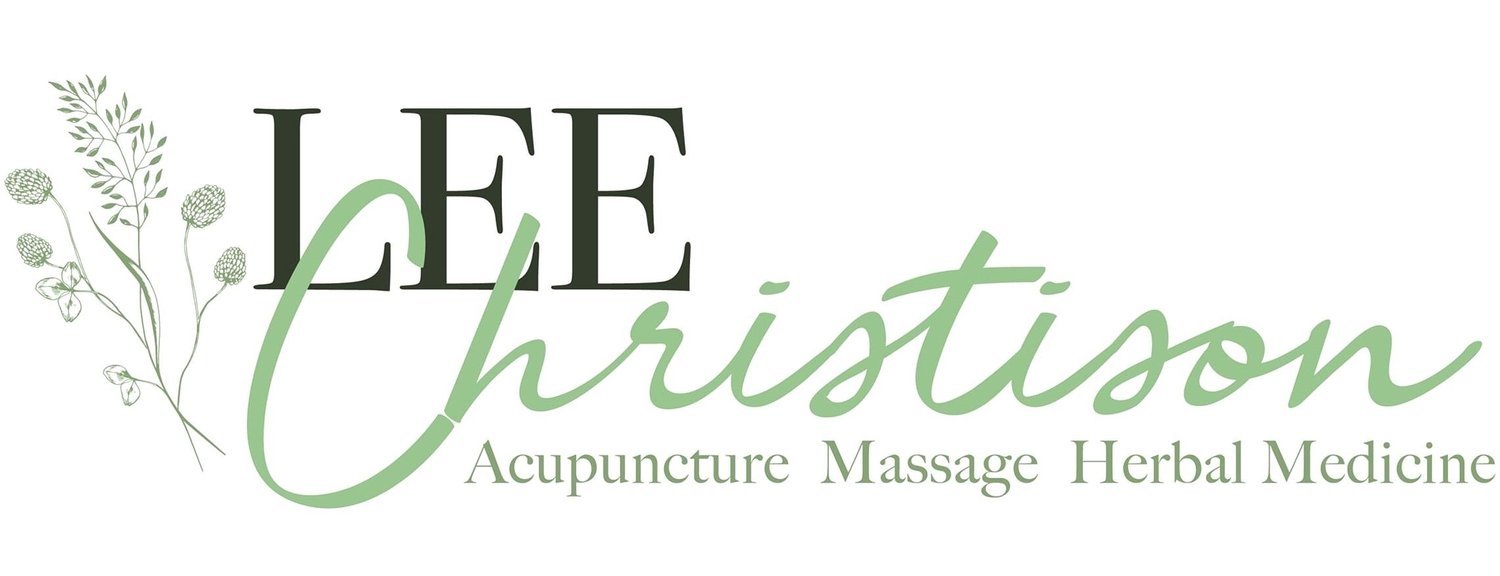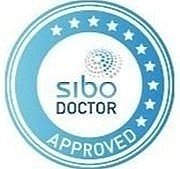Small intestine bacterial overgrowth (SIBO) is a condition in which there are too many bacteria growing in the small intestine. SIBO can cause a variety of unpleasant symptoms, including bloating, gas, diarrhoea, constipation and abdominal pain. SIBO is now understood to be the leading cause of irritable bowel syndrome (IBS).
The small intestine normally has few bacteria present. However, when the normal movement of the intestines is slowed down, bacteria can overgrow in the small intestine and cause problems. The bacteria ferment carbohydrates to produce gas, which contributes to bloating, discomfort and altered bowel motility.
Diagnosis of SIBO can be made through a breath test that measures the levels of hydrogen and methane gases produced by fermentation in the small intestine.
Treatment typically involves a combination of dietary changes and antibacterial medications. A low FODMAP, SIBO specific diet is recommended and antimicrobials are normally prescribed to eliminate the excess bacteria. Lifestyle changes and stress management are also important aspects of treatment. In some cases, digestive enzymes and other gut healing supplements may also be helpful. Each individual requires a tailored treatment plan.
It's important to manage SIBO effectively, as it can lead to malabsorption of nutrients and may contribute to the development of other health conditions over time. If you suspect that you have SIBO, contact Lee about diagnosis and treatment options.







